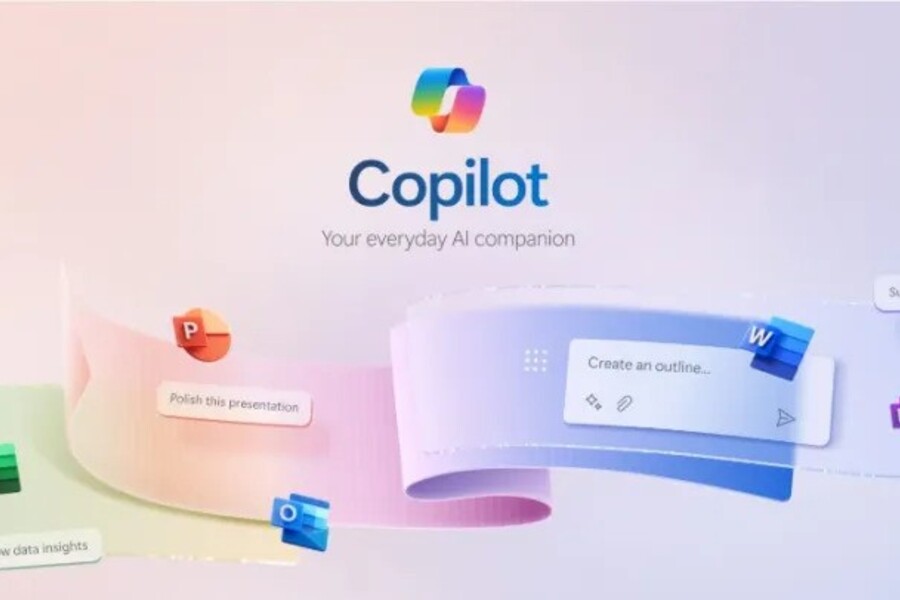Google has officially announced a major shift in its AI strategy by replacing Google Assistant with Gemini as the default virtual assistant across its ecosystem. This transition, which has been anticipated for some time, will soon roll out across smartphones, smartwatches, smart home devices, tablets, Android Auto, and even TVs. Once the change takes effect, users will no longer be able to access Google Assistant, marking a fundamental shift in how Google envisions AI-powered assistance.
Currently, Android users still have the option to switch back to Google Assistant on their devices. However, as the transition becomes permanent, this option will disappear. Google has not provided an exact timeline for when the shift will be fully implemented, but the company has confirmed that Gemini will replace Google Assistant entirely, and Assistant will no longer be available for download from app stores. This move is not just about renaming a virtual assistant. Gemini is a completely reimagined AI model that brings enhanced capabilities beyond voice commands. Unlike Google Assistant, which functioned primarily as a voice-activated assistant, Gemini integrates multi-modal processing, allowing it to analyze text, images, audio, and even live video. The AI will be able to handle everyday tasks like messaging, reminders, and smart home control, while also offering new capabilities that make it far more versatile.
The transition to Gemini is not limited to smartphones. Google has confirmed that a wide range of devices will be upgraded in the coming months, ensuring broad compatibility across its ecosystem. The basic requirements for running Gemini include a phone with at least 2GB of RAM, a device running Android 10 or later, and an iPhone with iOS 16 or newer. For wearable devices, Gemini will match the assistant installed on the connected smartphone. However, Android Go phones, which are designed for low-end hardware, will not receive the upgrade. Google has effectively phased out the Android Go project, making it unsurprising that Gemini is not included for these devices.
While Gemini introduces significant enhancements, Google is ensuring that some familiar aspects of its AI assistant remain intact. The “Hey Google” activation command will continue to work, maintaining continuity for users. Additionally, Google is transferring user data and preferences from Assistant to Gemini, provided that users have granted permission. This means that call and message history, search queries, and other personalized details will still be accessible within the new AI framework.
Google’s decision to replace Assistant with Gemini is driven by the evolution of AI technology. Unlike Google Assistant, which was built primarily on voice-recognition capabilities, Gemini operates as a language model with reasoning capabilities, making it more intelligent and adaptable. Gemini is not just an assistant—it’s a knowledge engine trained on a massive dataset, allowing it to process complex queries and perform advanced tasks beyond simple voice commands. Unlike Assistant, which relied on cloud-based computing, Gemini is capable of running certain tasks offline, making it more responsive and reliable.
In addition to better handling everyday tasks, Gemini’s AI is equipped with multi-modal capabilities. This means it can analyze various types of input, including PDF files and break them down into structured summaries, live video feeds for real-time understanding, audio inputs for enhanced voice interactions, and text and images, allowing it to process more complex queries. This makes Gemini a far more advanced AI assistant than Google Assistant, offering deeper understanding and improved responsiveness.
The transition to Gemini is more than just an upgrade—it brings entirely new AI-powered features that redefine what a virtual assistant can do. Some of the standout capabilities include Deep Research, an AI tool that conducts extensive web research, compiling detailed reports in minutes. This feature significantly reduces the time required for gathering information and documentation. Gems, a customizable version of Gemini that users can train for specific tasks using natural language instructions—no coding required. Multi-Tier AI Models, unlike Google Assistant’s one-size-fits-all approach, Gemini offers different models tailored to specific needs. Gemini Flash for quick and lightweight AI assistance, and Gemini Pro for handling extensive data analysis and research-based queries. Both Gems and Deep Research were previously available only to paid subscribers, but as of March 2025, Google has made these features free for all users, expanding accessibility to its advanced AI tools.
For the average user, Gemini will retain all of Google Assistant’s essential functions, including messaging, setting reminders, controlling smart home devices, and providing contextual responses. However, it offers a significant improvement in understanding complex queries, making it more useful for productivity and research-related tasks. With the upcoming Project Astra rollout, Gemini will also introduce real-time camera analysis, allowing users to interact with the world through their smartphone’s camera. This means Gemini will be able to analyze objects, read text from images, and provide insights based on what it sees, further pushing the boundaries of AI-driven assistance.
The transition from Google Assistant to Gemini represents a major strategic move for Google, signaling a shift from simple voice-based assistance to a fully integrated AI experience. By making Gemini the default assistant across its ecosystem, Google is investing in a future where AI can handle a much broader range of tasks, from basic automation to advanced problem-solving. With an expected rollout across compatible devices in the coming months, Google is ensuring that users experience a seamless transition while gaining access to a more powerful AI assistant. While some may miss Google Assistant’s familiar interface, the enhanced capabilities of Gemini make it clear that Google is committed to providing a smarter, more efficient, and more intuitive AI experience. As the tech world moves deeper into AI-driven interactions, Gemini stands at the forefront of Google’s AI-first approach, setting the stage for the next generation of virtual assistants.


